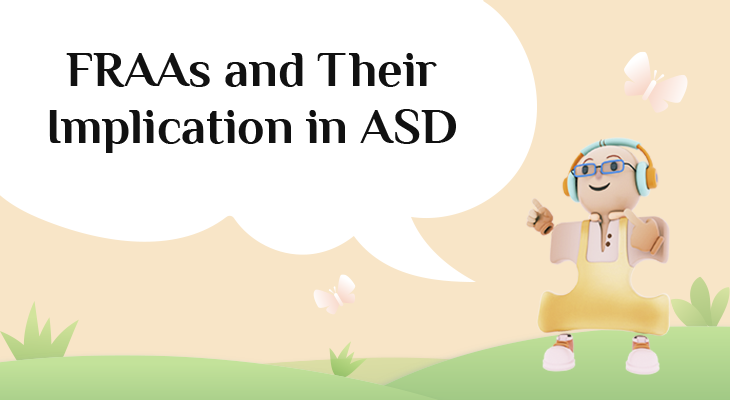
Introduction
Folic acid is a synthetic form of folate, a B vitamin (B9) essential for cell division and DNA synthesis. It’s a nutrient that our bodies need to create healthy cells, especially red blood cells, and it’s crucial for proper brain function and emotional health. Naturally occurring folate is found in leafy greens, fruits, beans, and fortified grains.
Folic acid is particularly important for pregnant women because it supports fetal development, especially in preventing neural tube defects (NTDs), such as spina bifida and anencephaly. In fact, during the 1990s, many countries mandated folic acid fortification in foods like bread and cereals to address widespread deficiencies and reduce the incidence of NTDs. Studies had shown that folic acid significantly decreased NTD risk when consumed in adequate amounts before and during early pregnancy. Folic acid is commonly found in dietary supplements and fortified foods because it’s more stable and bioavailable than natural folate in certain conditions.
This synthetic vitamin B9 prevents neural tube defects (NTDs) by supporting crucial early stages of fetal development. During the first few weeks of pregnancy, folic acid aids in DNA synthesis and cell division, both of which are essential for the neural tube’s closure, which later forms the brain and spinal cord. Without sufficient folic acid, this process may be disrupted, leading to defects like spina bifida and anencephaly. By ensuring enough folic acid, especially in early pregnancy, mothers reduce the risk of these structural defects in the developing nervous system.
Besides preventing NTD’s, there were some thoughts that folic acid may play a role in decreasing the risk of developing autism. The theories behind this premise coincide with the mechanism of folic acid. Again, folic acid is known to play a key role in mental development by supporting DNA synthesis, cell division, and brain tissue growth, which are essential during pregnancy and infancy. This vitamin helps produce neurotransmitters like serotonin and dopamine, which influence mood and cognitive function. Low folate levels have been linked to cognitive deficits and increased risks of mental health issues, such as depression and developmental disorders. Research does suggest that maternal folic acid intake during pregnancy is associated with improved language, memory, and emotional outcomes in children
With that in mind, several recent studies have explored the potential link between folic acid intake during pregnancy and a reduced risk of autism spectrum disorder (ASD) in children. The evidence, however, is somewhat mixed. Some studies do suggest a protective effect, while others show no real significant association. Below are a few findings from notable research on this topic:
- Protective Effect Hypothesis: Some studies have found an association between adequate folic acid intake (especially during early pregnancy) and a reduced risk of autism. For example, research published in JAMA Psychiatry suggested that mothers who took folic acid supplements before conception and in the first month of pregnancy were less likely to have a child later diagnosed with autism, especially in families with genetic risk factors.
- Timing and Dosage: Other studies have indicated that the timing and dosage of folic acid may be crucial. Research has shown that adequate folic acid intake before conception and during the first trimester may be particularly important. Taking the recommended dose (usually 400-800 micrograms daily) has been associated with a lower risk of neurodevelopmental disorders, though high doses beyond these recommendations may not offer added protection.
- Genetic Factors: Some studies have explored how maternal folate intake interacts with genetic factors associated with autism risk. Folic acid’s role in DNA methylation and cell division may positively impact brain development, particularly when combined with certain genetic profiles. However, these findings are still emerging, and more research is needed to understand this connection.
- Mixed and Inconclusive Evidence: While some studies support a potential protective role, others have found no statistically significant association between maternal folic acid intake and a decreased autism risk. The reasons for these inconsistencies are complex and likely include genetic, environmental, and lifestyle factors that also influence autism risk.
Overall, the scientific consensus recommends adequate folic acid intake for its established benefits in preventing neural tube defects. Its impact on autism risk is still an area of active research, and although findings are promising, they are not yet conclusive.



